World Environment Day 2025: Tropical forests bring forward natural solutions to our everyday needs
05 June 2025, Yokohama
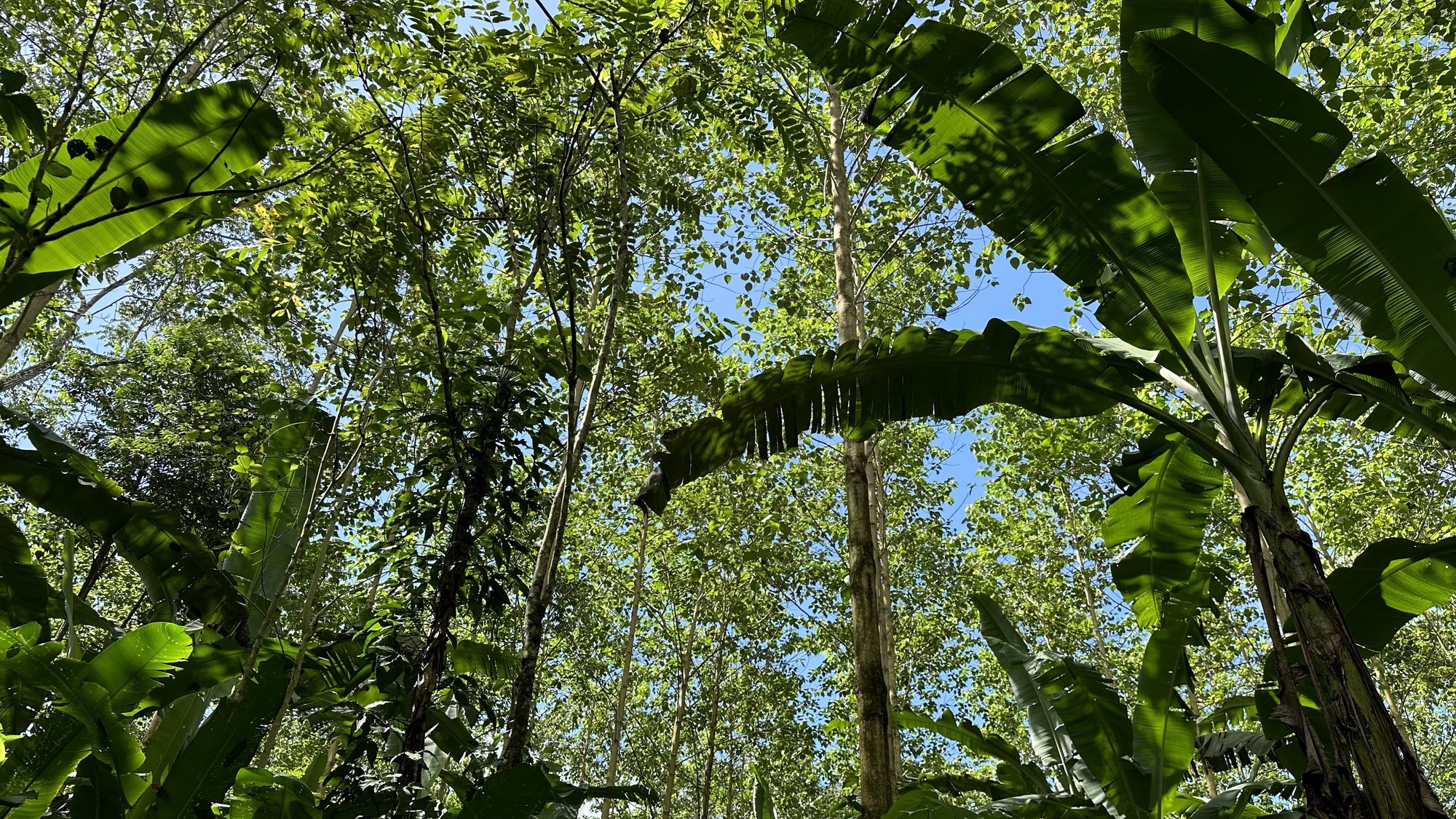
Tropical forests bring forward natural solutions to our everyday needs. Photo: Ramon Carillo/ITTO
As the world faces a range of pressing challenges, the International Tropical Timber Organization (ITTO) reminds us on World Environment Day 2025 (June 5), that one of the most powerful solutions is within our grasp: our forests.
Tropical forests offer an untapped well of climate-positive and environmentally-friendly alternatives—biodegradable and sustainable materials that can replace most conventional non-renewable products and other environmentally harmful substances we are accustomed to using every day.
Among these, wood and non-wood forest products from sustainably managed tropical forests emerge as a frontrunner.
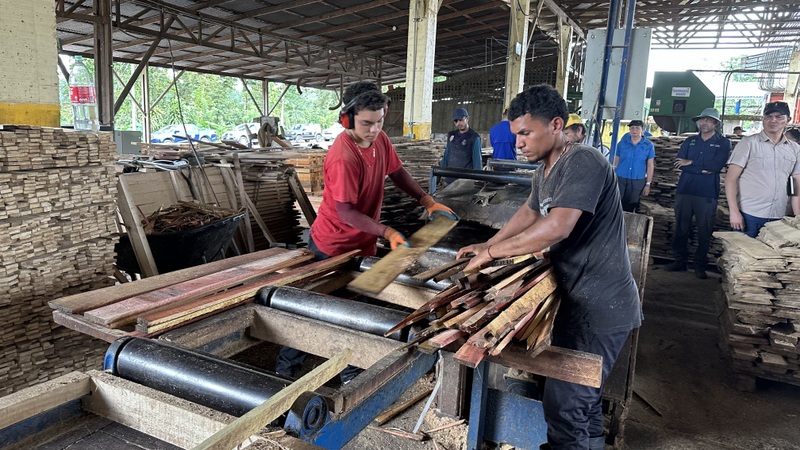
From forests to the future: wood in the circular bioeconomy
At the heart of the circular bioeconomy is the regeneration of resources and reducing waste. Forests, when managed sustainably, deliver exactly that. Wood is renewable, recyclable, and stores carbon throughout its life cycle. Wood is durable and versatile and can be an effective and efficient substitute for synthetic fibres, metals, concrete, and plastic. For example, using wood in construction can reduce a building’s carbon emissions by up to 60% compared to traditional materials.
As the circular bioeconomy gains momentum, global demand for wood as a renewable and environmentally friendly material is becoming increasingly important. ITTO supports initiatives that promote the sustainable production, trade, and consumption of tropical timber and other forest resources. Through its Legal and Sustainable Supply Chains (LSSC) program, ITTO assists member countries in promoting domestic wood use, strengthening wood supply chains and systems, and stimulating local markets, sustainable livelihoods and economies.
Aside from the LSSC program, ITTO actively contributes to international campaigns of the Collaborative Partnership on Forests (CPF) such as Grow the Solution, which promotes wood-based solutions to the climate crisis and to the larger initiative, Sustainable Wood for a Sustainable World (SW4SW), a multi-stakeholder initiative supporting sustainable wood value chains that advance nature-based solutions and the Sustainable Development Goals (SDGs), amongst many but especially SDG 12, which ensures sustainable consumption and production patterns.
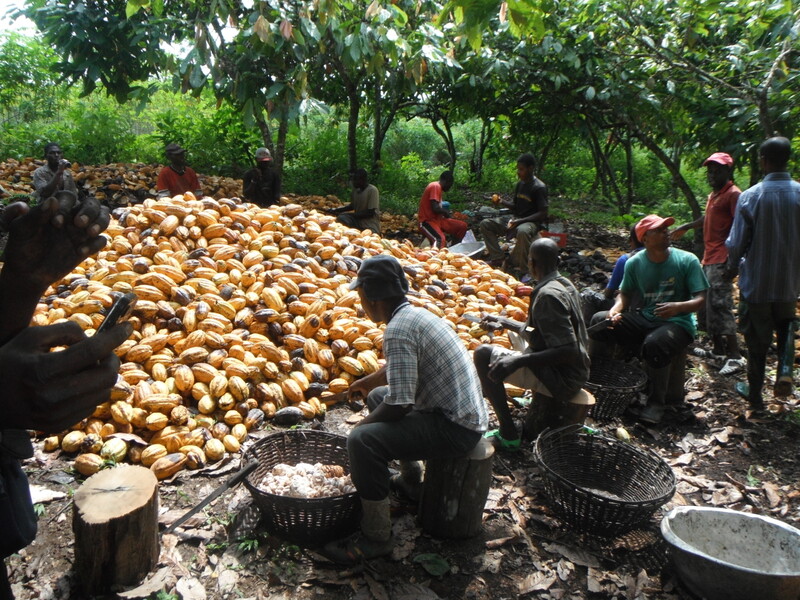
ITTO goes beyond timber: mainstreaming NTFPs
Tropical forests are vital for non-timber forest products (NTFPs). More than providing food and subsistence, NTFPs are the backbone of many industries. From driving pharmaceutical discoveries, with approximately 25% of modern medicines derived from rainforest plants, to addressing health and nutritional needs, providing hygienic items, and even manufacturing cosmetics and beauty products.
Using tropical forest products is a historical tradition where these materials today, augmented by ground-breaking research and innovation, are central to our modern-day lives.
The cosmetics industry, for one, is more focused on using natural ingredients aligned with consumer preference. There is growing interest in plant-based alternatives to synthetic ones, resulting in increased use of plant extracts in various beauty products, commonly found in facial creams, soaps, shower gels, and oils, reflecting their growing popularity in today’s market.
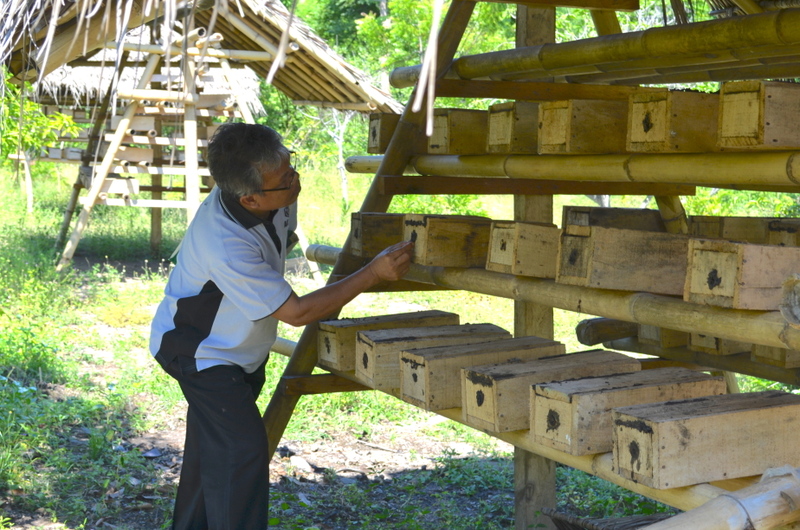
ITTO’s participation in Colombia’s Bioeconomy Week 2025 highlighted this as one of many examples of ITTO’s work. ITTO Project Manager Ramón Carrillo stated that sustainable forest management (SFM) is a crucial component in building a circular bioeconomy. Mr Carrillo emphasized that SFM is not only a foundation for environmental sustainability but also a driver of local development. He highlighted an ITTO-supported initiative in Colombia’s Bajo Calima region, which involves Indigenous communities in promoting the sustainable use of forest resources. This project has empowered community members, many of whom are women, enabling them to form cooperatives to produce and market value-added products such as soap and essential oils derived from native forest plants. The initiative demonstrates how forest-based livelihoods can contribute both to biodiversity conservation and economic resilience.
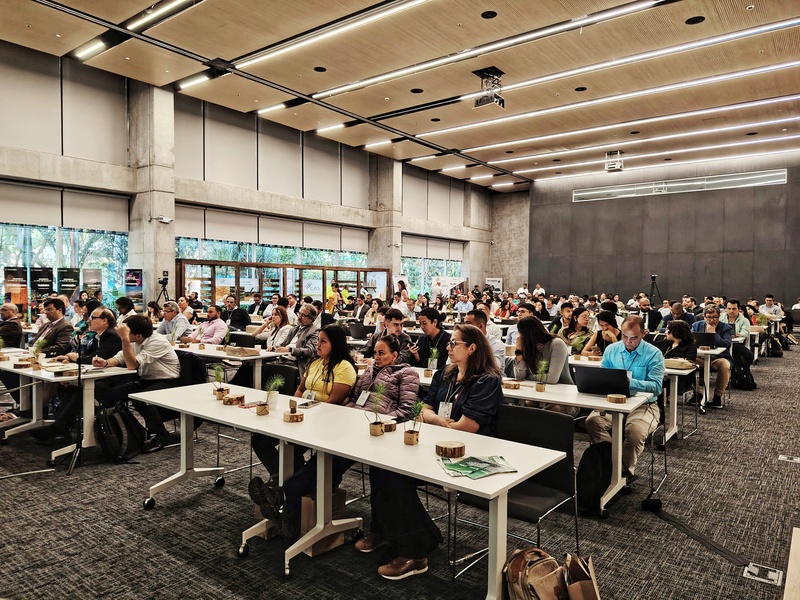
Unlocking the power of forest products for a greener, fairer future
Sustainable wood and non-wood products are environmentally sound and socially and economically beneficial, especially when sourced through legal and sustainable supply chains. When we shift our consumption to forest-based ones, we not only promote materials that regenerate and reduce carbon emissions, but we also open a whole new opportunity that fuels the bioeconomy, reduces pollution, supports biodiversity, and strengthens green economies in tropical regions, while empowering forest communities. Our efforts to promote legal and sustainable timber and NTFP supply chains collectively reinforce that the use of forest products could be a tool for systemic change towards sustainability and resilience.
“Forests are central in the transition to carbon-neutral circular bioeconomies, through the provision of wood and NTFPs―one of the most environmentally friendly materials,” says Ms Sheam Satkuru, ITTO Executive Director. “Forests are also providers of clean air and water. The protection of the environment, especially tropical forests, is a joint responsibility for all. We invite the global community to strengthen forces to make this a reality for current and future generations."

Related links
TS50 - Not only timber
TS32 - Gifts from the forest
TS28 - Community-based forest enterprises
Non-timber forest products can increase viability of sustainable forestry, says new study
Exploring sustainable forestry, financing, and bioeconomies
On World Wood Day, ITTO sees sustainable timber driving the bioeconomy transition